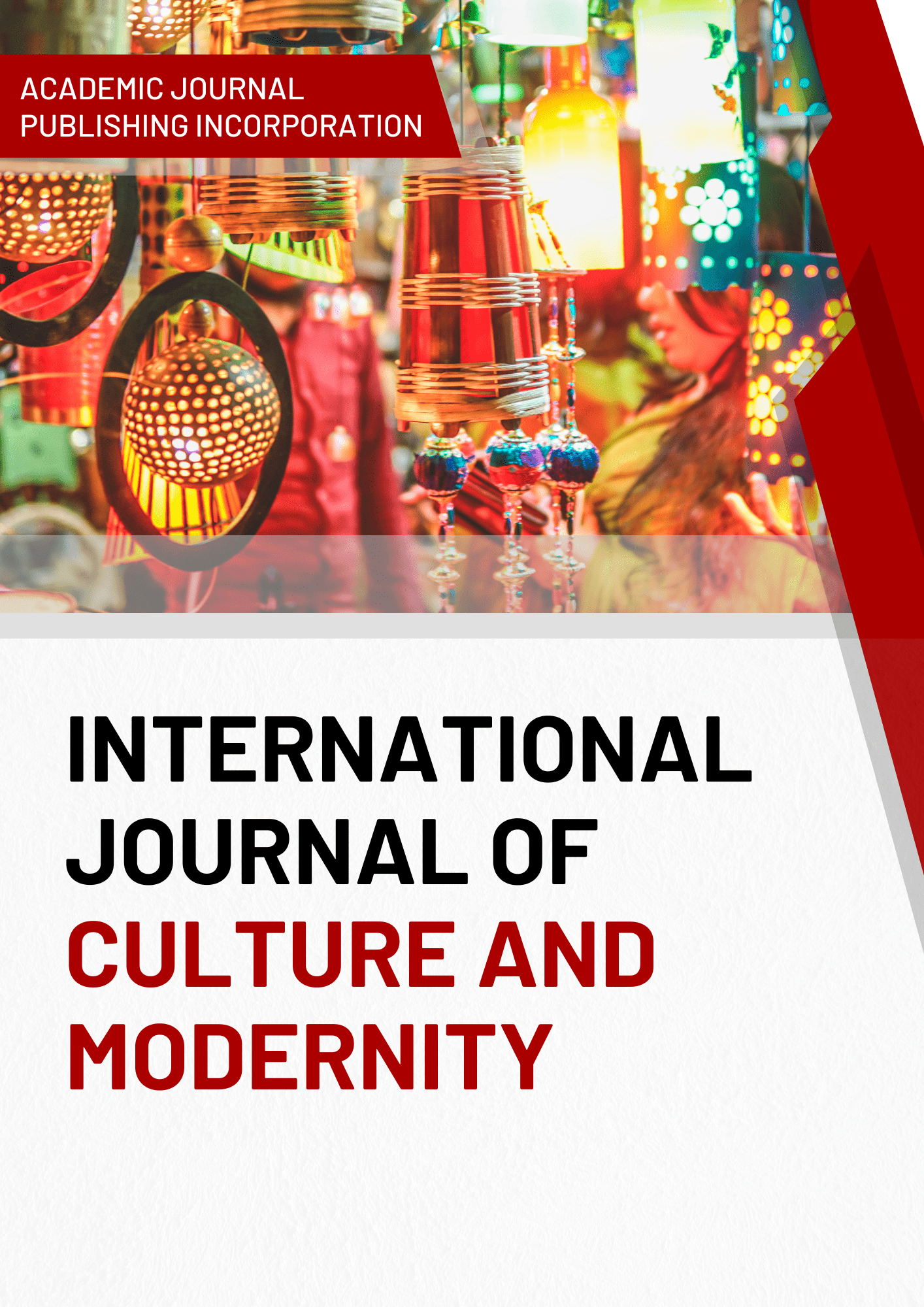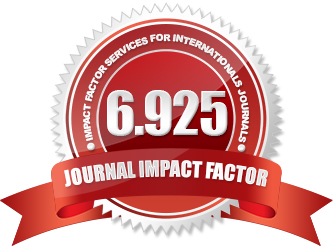Expression of Comparative Relation through Compound Sentence without Conjunctions in the Uzbek and English Languages
DOI:
https://doi.org/10.51699/ijcm.v11i.149Keywords:
Comparative meaning, composite sentence, compound sentence, conjunctions, semicolon and commaAbstract
The article gives information on the type of sentence in comparison in Uzbek and English languages. This sentence is connected by tone using comma and is given as separate type of composite sentence in Uzbek. Whereas it is connected by semicolon and is referred as compound sentence in English.
References
Abdurakhimov G. Qo’shma gap sintaksisi asoslari. – Tashkent,1958. – P.244-280
Berdialiev A, Sheronov B. O’zbek tili sintaksisi. – Khujand, 2010. –P.180-190
Harring P. Complete English grammar rules. – UK., 2016.
Macmillin English Dictionary. Bloomsboory publishing, 2007. – IW40.
Mamajonov A. Qo’shma gap stilistikasi. – Tashkent: Fan,1990. – P.110
Rasulov I. Selected works.Tom II. – Tashkent: Mumtoz so’z, 2015. – P.79-80
Mamajonov, A., & Teshaboyev, D. (2018). Some thoughts about semantics of the complex sentencies. Scientific journal of the Fergana State University, 1(3), 76-78.
Zokirova, S. M. (2019). Contrast analysis of syntactic layer units. Scientific Bulletin of Namangan State University, 1(8), 250-255.
Downloads
Published
How to Cite
Issue
Section
License
Copyright (c) 2021 A. Mamajonov, Sh. Dadabayeva

This work is licensed under a Creative Commons Attribution 4.0 International License.






